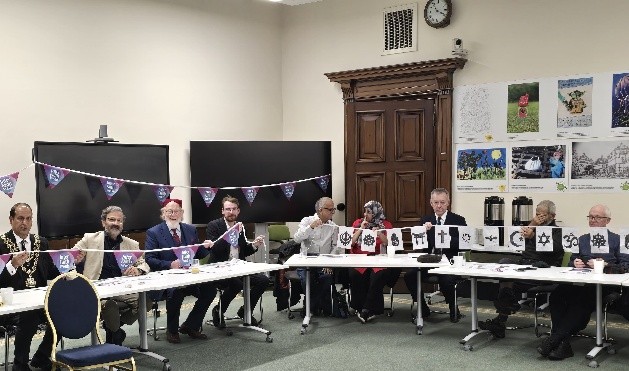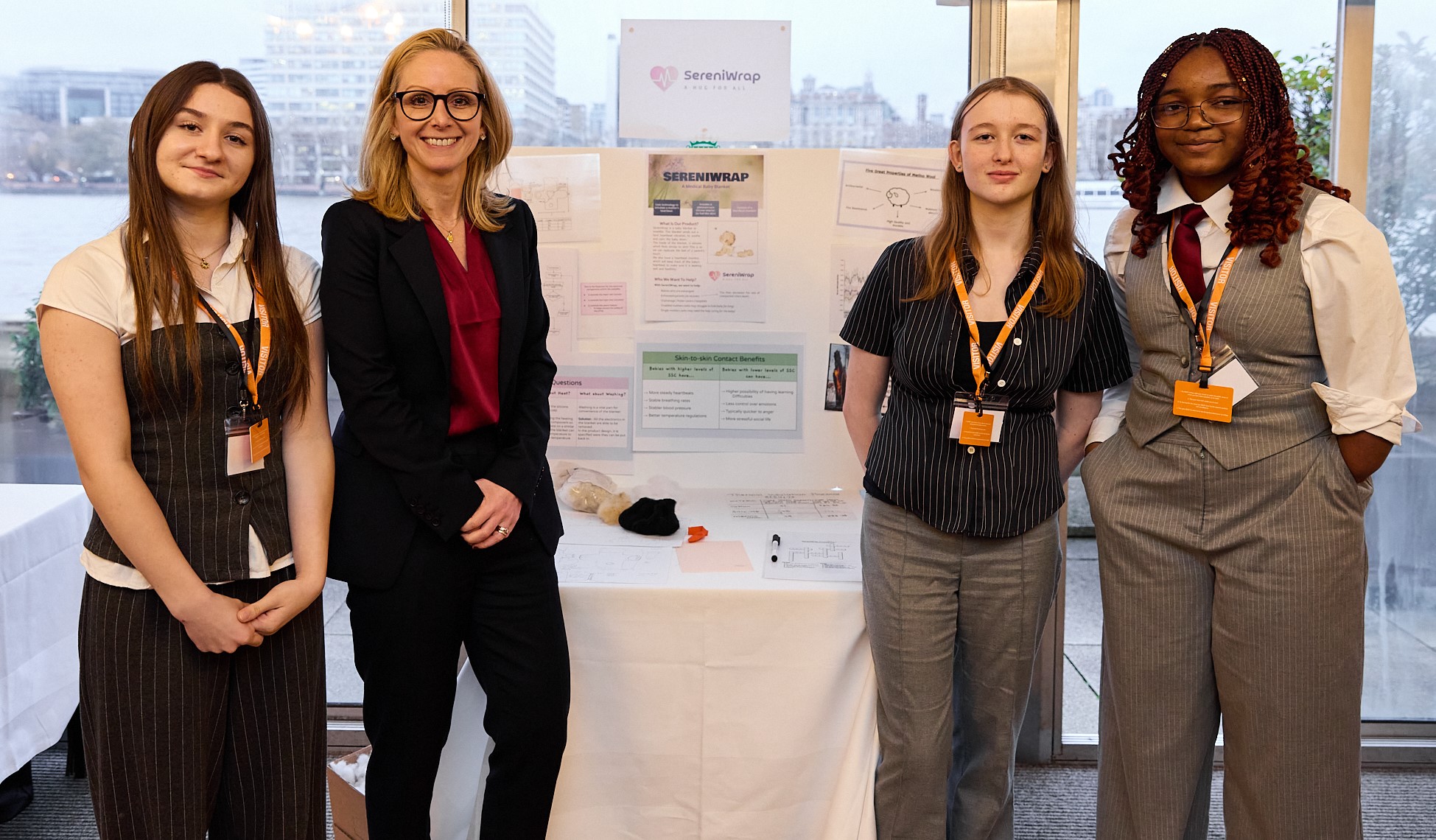Researchers from the Aga Khan University are set to conduct a range of capacity building workshops aimed at improving the efficiency of the immunization programmes of low and middle income countries.
The capacity building sessions are part of the global Teaching Vaccine Economics Everywhere (TVEE) programme – managed by Johns Hopkins University and funded by the Bill and Melinda Gates Foundation – which aims to boost the financial sustainability, resource allocation practices and evaluation of vaccination systems.
The University will act as a regional partner on the TVEE by training policymakers and implementing agencies in Afghanistan and Pakistan on how to adopt global best practices to their programmes. The Bill and Melinda Gates Foundation estimates that a US$ 1 investment in childhood vaccinations reaps up to US$ 44 in economic benefits. But even though vaccines are considered a global health best-buy with long-lasting social benefits, many business schools and public health institutions developing countries do not offer such courses.
“Vaccines save over 2 million lives a year and represent one of the most cost-effective ways to protect children and adults from disease . Our goal is to equip policy makers with the knowledge and skills to make the best use of their resources and thereby sustainably improve the performance and financing of their immunization programmes,” stated Dr Shehla Zaidi, associate professor in Community Health Sciences and the Department of Women and Child Health at AKU.
The workshops are set to begin in July 2017 in Boston. This will be followed by three further specialised sessions which will take place in Karachi with the programme concluding in August 2018. The TVEE represents a part of the University’s efforts to support Goal 3 of the Sustainable Development Goals which call for countries around the world to ensure the availability of safe, effective, quality and affordable vaccinations for all.
















